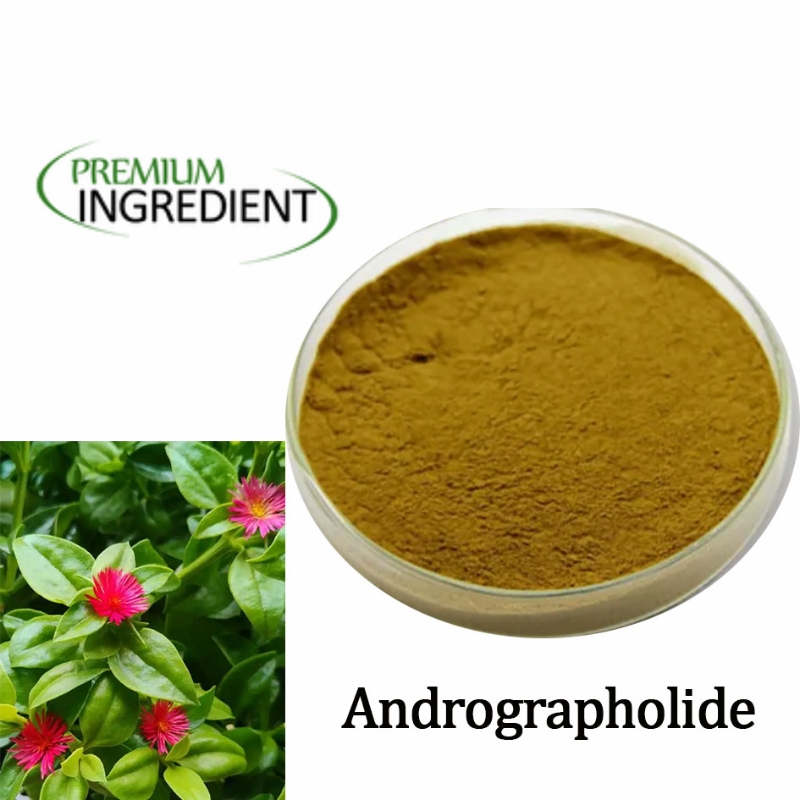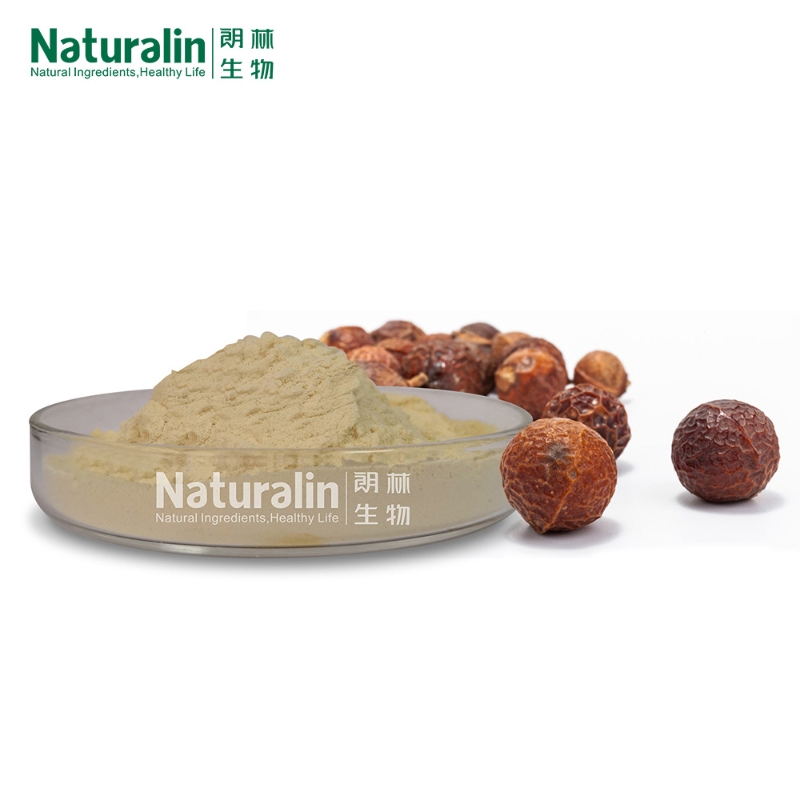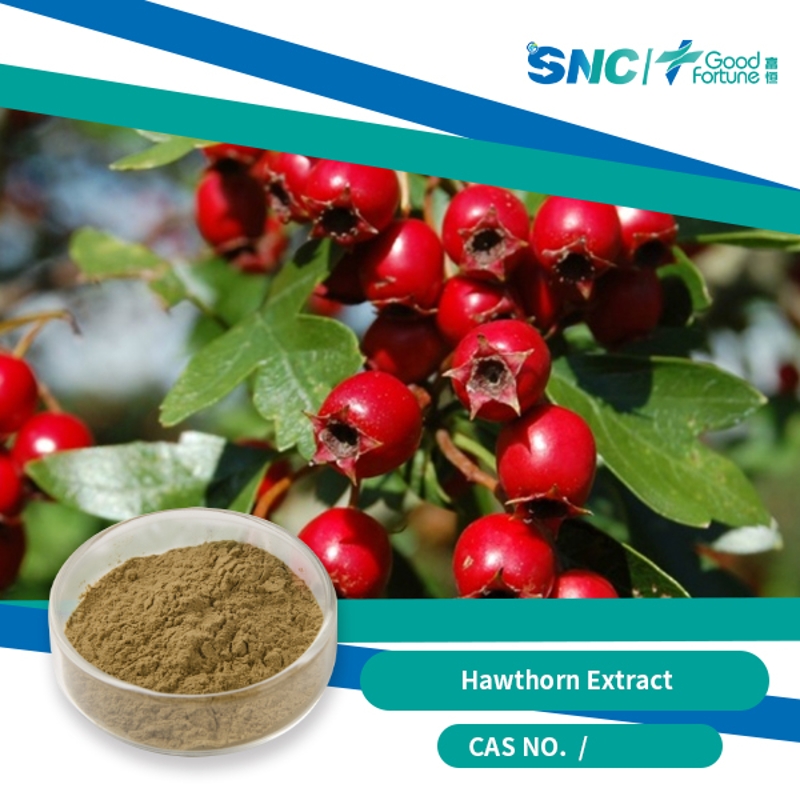-
Categories
-
Pharmaceutical Intermediates
-
Active Pharmaceutical Ingredients
-
Food Additives
- Industrial Coatings
- Agrochemicals
- Dyes and Pigments
- Surfactant
- Flavors and Fragrances
- Chemical Reagents
- Catalyst and Auxiliary
- Natural Products
- Inorganic Chemistry
-
Organic Chemistry
-
Biochemical Engineering
- Analytical Chemistry
-
Cosmetic Ingredient
- Water Treatment Chemical
-
Pharmaceutical Intermediates
Promotion
ECHEMI Mall
Wholesale
Weekly Price
Exhibition
News
-
Trade Service
We have recently described the selection of rapidly dividing
Arabidopsis
cell suspension cultures MM1 and MM2d that provide a powerful platform for plant cell-cycle research. Here we provide detailed protocols and procedures to achieve high levels of synchronization, either by starving the cell cultures of sucrose or by applying the toxin aphidicolin. Cell-cycle activity during cell-cycle reentry (starvation-induced synchrony) or further cell-cycle progression (aphidicolin-induced synchrony) can be conveniently followed by using various validation procedures, such as determination of labeling index and metaphase/anaphase index or flow cytometry. We also describe a procedure that allows clonal transformed cell-suspension lines to be produced using
Agrobacterium
-mediated transformation, and an optimized and straightforward method for the cryopreservation and recovery of both parental and transformed lines which is applicable both to
Arabidopsis
and the tobacco BY2 cell lines. Cell-cycle synchronization capacity of the parental lines is maintained after both transformation and recovery from cryopreservation. The techniques described here require no specialized equipment and are suitable for routine laboratory use, greatly facilitating the handling and maintenance of cell cultures. The ability to store easily large numbers of transformed lines opens the possibility of using
Arabidopsis
cell suspension cultures for future high-throughput cell-cycle analysis.







